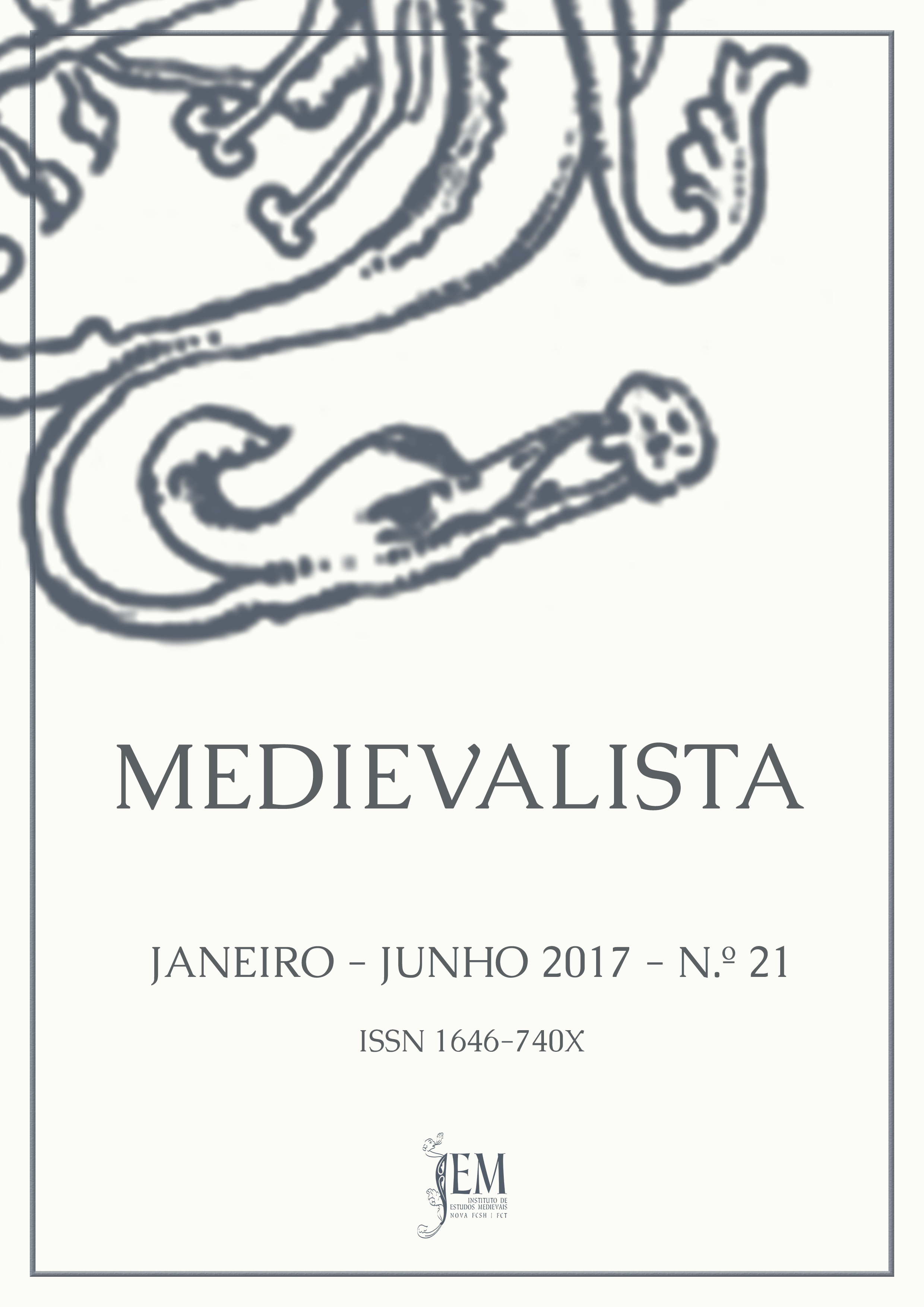Memory policies and poetics in medieval Castile: clerical mediation and materiality of knowledge in the poems of K-III-4 MS (Libro de Apolonio, Vida de Santa María Egipciaca, Libro de los tres reyes de Oriente)
DOI:
https://doi.org/10.4000/medievalista.1250Keywords:
Memory, Identitity, Manuscript unit, Clerical poems, ChristianityAbstract
The Spanish clergy of the 13th century carried out a cultural policy of transmission of knowledge and preservation of memory through a poetics based on the exemplary nature of texts pouring their teaching through the mediation process identified with the translation of Latin sources to the vernacular languages, promoting their dissemination to a wider lay audience. Through the textual dynamics of territoriality and the physicality of the memory, clerical poems that integrate K-III-4 MS realize double spatial memory as a narrative device, through writing and codicological unit of compilation as privileged forms of a social and testimonial identity configuration.
Downloads
Downloads
Published
How to Cite
Issue
Section
License
Copyright (c) 2025 Medievalista

This work is licensed under a Creative Commons Attribution 4.0 International License.





















